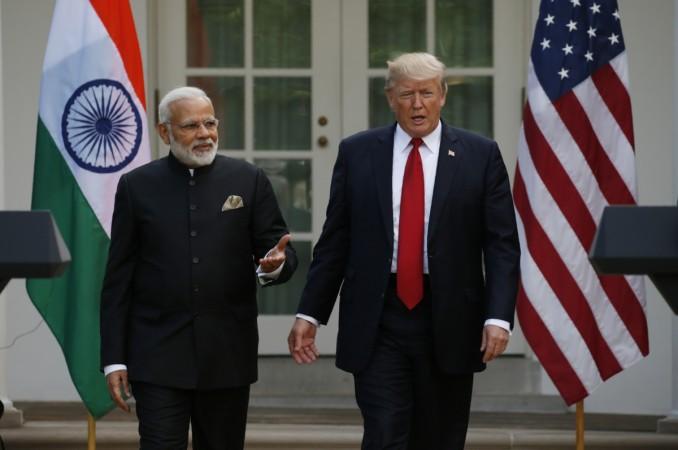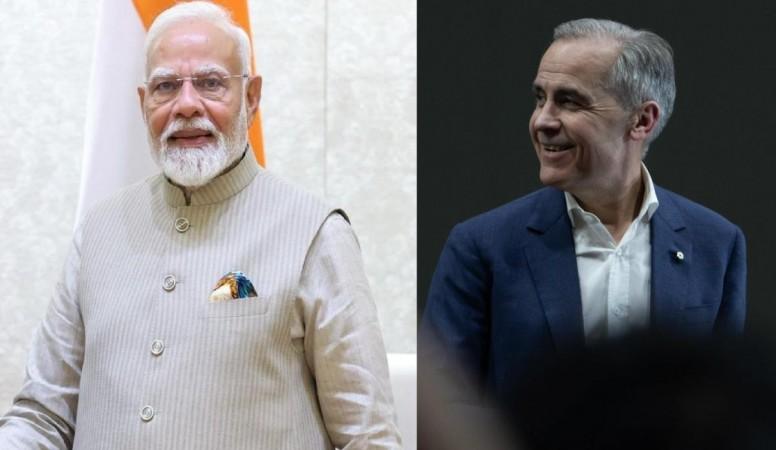
The G7, the annual conclave of the world's self-anointed economic stewards, finds itself in a familiar bind: how to maintain relevance in a world where its own share of global GDP and population is in steady decline. Enter India, the perennial "guest" whose presence is now less a diplomatic courtesy and more an existential necessity for the G7's credibility.
Let's recall that the G7, born in 1975 as a Western club, briefly flirted with expansion (G8, with Russia, until 2014) before retreating to its original membership: the US, UK, Canada, France, Germany, Italy, and Japan. The group's informal status—no treaty, no charter—has always allowed for flexibility in invitations, but rarely has an invitee's presence been so hotly debated as India's this year.
Diplomatic ironies and management analogies
Canada, this year's host, found itself in the unenviable position of the HR manager compelled to extend an offer letter to a candidate after all the other partners had already signed off. Prime Minister Carney's initial compulsion, rooted in domestic political backlash over the Nijjar affair, was swiftly overridden by the rest of the G7, who made it clear that India's absence would render the summit's discussions on supply chains, Indo-Pacific security, and global growth rather academic. As one observer dryly noted, "Carney had to yield." The others said, "Listen, India must be there."

Diplomacy, it seems, is not a gift for friends but a necessity for business continuity—a lesson in stakeholder management that would make any corporate boardroom proud.
Policy and governance implications
India's role at the summit is not ceremonial. As the world's fifth-largest economy and its most populous nation, India is central to the very issues the G7 claims to champion: energy security, digital futures, critical minerals, and infrastructure in the developing world. The G7's outreach to India is less about magnanimity and more about self-preservation—a tacit admission that solutions to global challenges require buy-in from those outside the old boys' club.
Yet, the invitation comes with its own set of ironies. India is expected to champion the "Global South," pushing the G7 to move beyond rhetoric and engage emerging economies equitably. Meanwhile, Canada must manage the spectacle of domestic protests and unresolved diplomatic investigations, all while projecting unity on the world stage.
The real test, however, will be whether this engagement leads to substantive shifts in global governance or if, as history often shows, it remains a carefully choreographed performance for the cameras, with the real decisions still made in the old smoke-filled rooms.
[Major General Dr Dilawar Singh is an Indian Army veteran who has led the Indian Army's Financial Management, training and research divisions introducing numerous initiatives therein. He is the Senior Vice President of the Global Economist Forum AO ECOSOC, United Nations and The Co President of the Global Development Bank.]

















